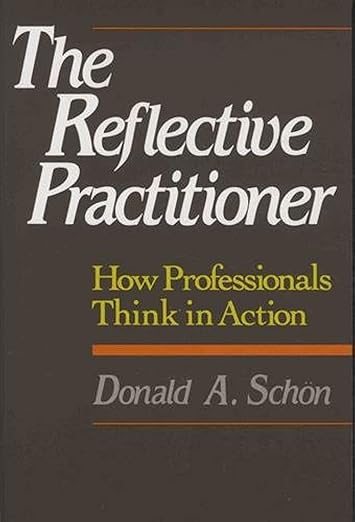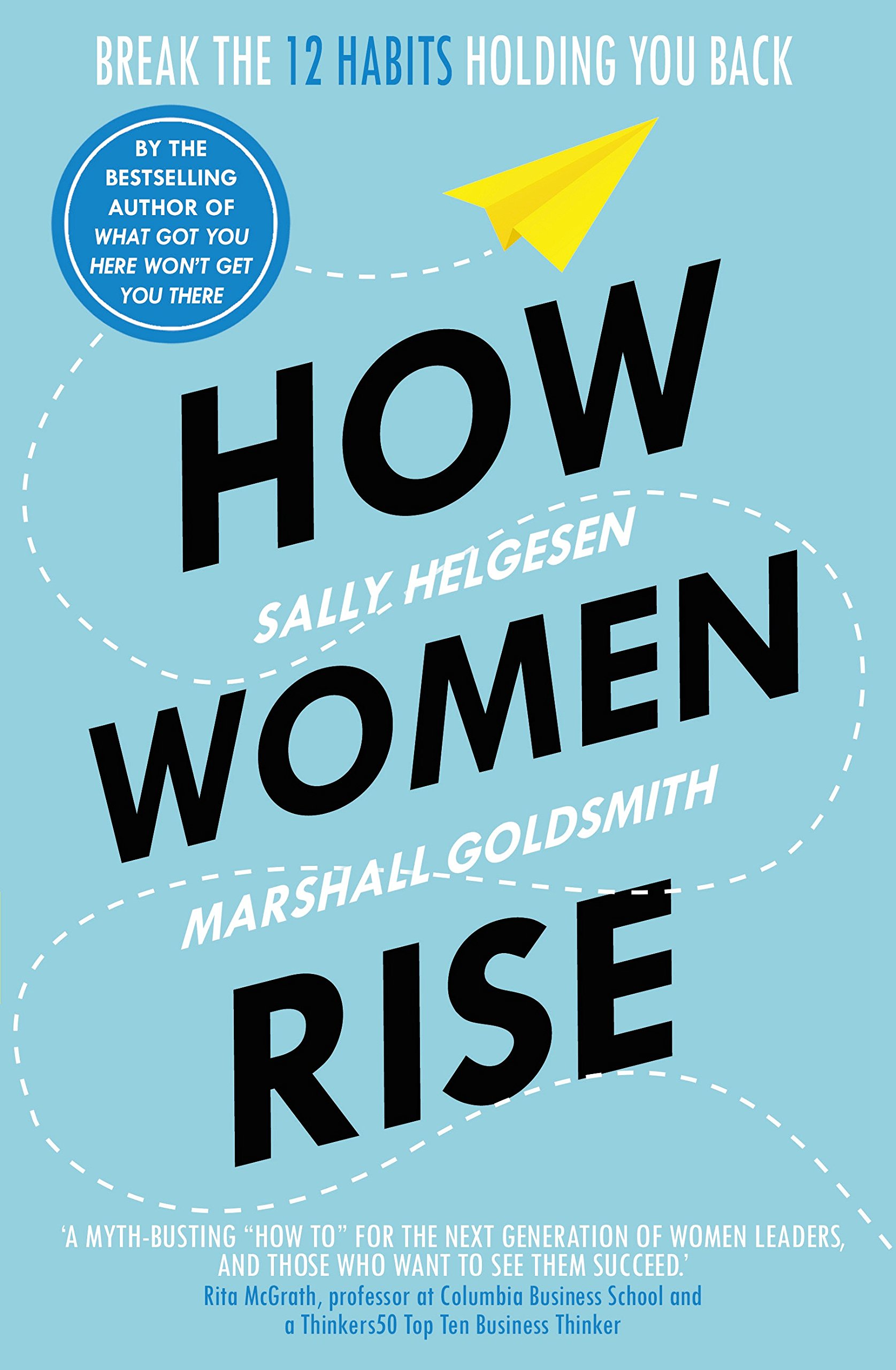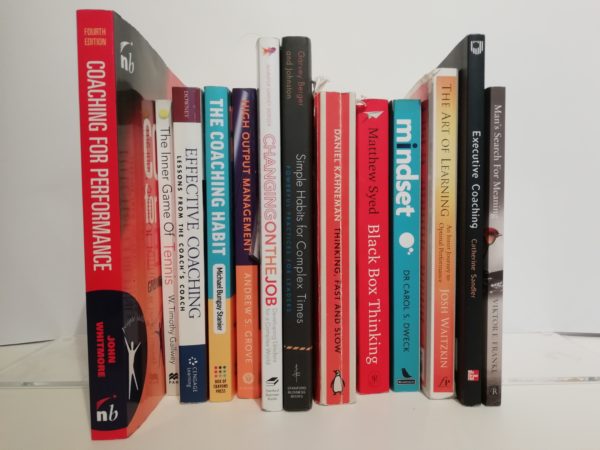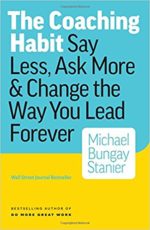Reflective practice is the new deliberate practice
For years we’ve been told that deliberate practice is the key to getting better at ‘anything’. But it turns out that deliberate practice is only really effective in well-structured, stable, ‘kind’ learning environments. Learning maths, learning to code, or learning a new language all take place within kind learning environments. So does playing sports or chess. The rules of the game are fixed, the outcomes of actions are evident and feedback is fast, clear and actionable. But much of business, leadership and life isn’t like this. As Heraclitus told us “No man ever steps in the same river twice, for







